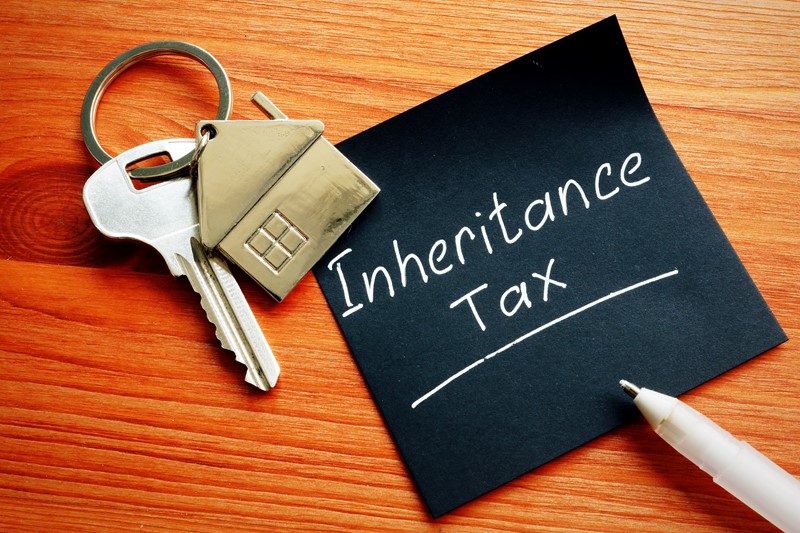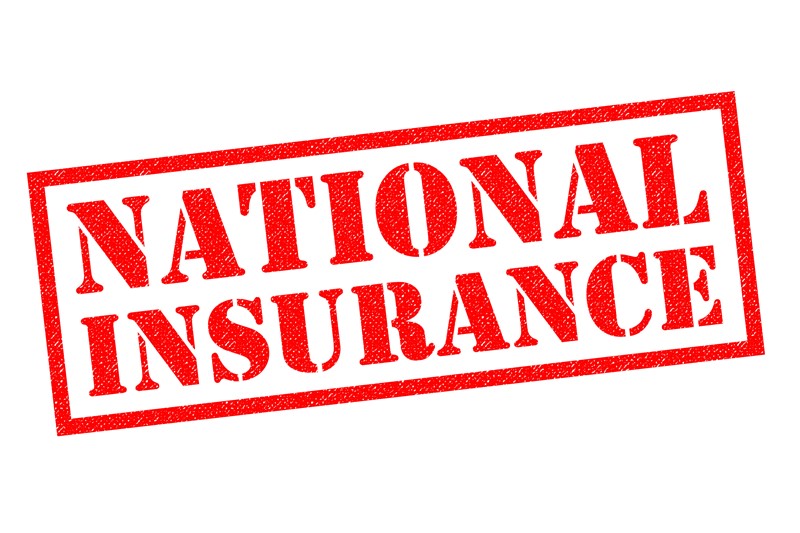The government has published details of a new Energy Bills Discount Scheme which will replace the current Energy Bill Relief Scheme that comes to an end on 31 March 2023. The new scheme will offer support until 31 March 2024, to eligible non-domestic energy customers, including UK businesses, the voluntary sector, for example charities, and the public sector such as schools and hospitals.
Under the new scheme, eligible non-domestic customers who have a contract with a licensed energy supplier will see a unit discount of up to £6.97/MWh automatically applied to their gas bill and a unit discount of up to £19.61/MWh applied to their electricity bill, except for those benefitting from lower energy prices.
The government has also confirmed that a substantially higher level of support will be provided to businesses in sectors identified as being the most energy and trade intensive – predominately manufacturing industries. These businesses will receive a gas and electricity bill discount based on a supported price which will be capped by a maximum unit discount of £40.0/MWh for gas and £89.1/MWh for electricity.
The latest data has shown that wholesale gas prices are continuing to fall and there are some concerns that the falling prices are not being passed on to businesses fast enough by energy suppliers.











